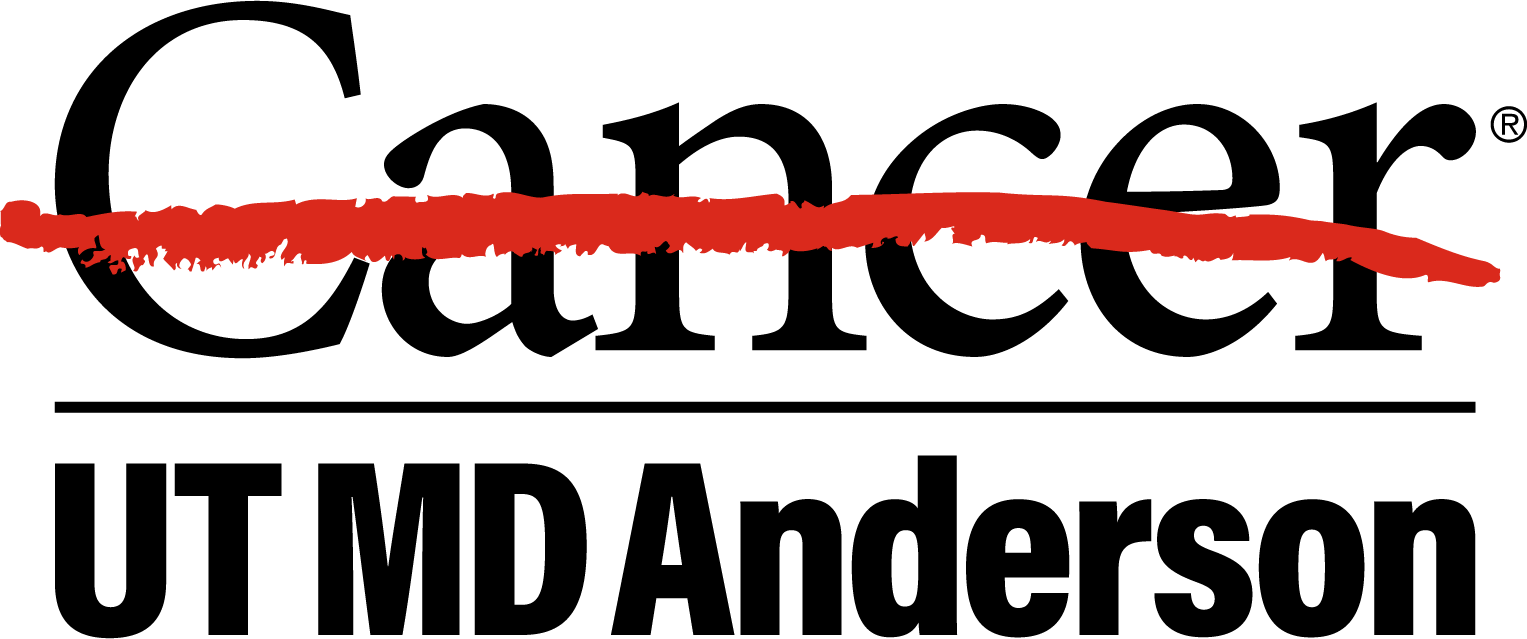Overcoming cancer can bring a new perspective on life – and health. Your body needs nutrients to stay healthy and to limit the long-term side effects of cancer and its treatment, such as bone loss and heart disease. Omega-3 fatty acids, flaxseed and iron can help.
“A nutrient-rich diet can help keep you healthier, longer,” says clinical dietitian Haley Gale.
Here, she shares what cancer survivors should know about these three nutrients and how to easily incorporate them into your diet.
Omega-3 fatty acids
Omega-3 fatty acids have several health benefits. They help protect your bones and joints, and because they contain anti-inflammatory fats, they can help lower cholesterol. Those benefits can also help reduce the effects of heart-related side effects caused by chemotherapy and radiation. And because they’re linked to reducing inflammation, they may also lower the risk of cancer recurrence.
You can find these healthy essential fats in salmon, trout, tuna and sardines. Eating a 3-ounce serving of these fish twice a week is best. Flaxseed, walnuts, soybeans, chia seeds, avocado and olive oil are also good sources of omega-3 fatty acids.
“If you’re having a hard time meeting this goal, your doctor may suggest a supplement,” Gale says. If you do need a supplement, Gale recommends you buy one that contains the most eicosapentaenoic acid and docosahexaenoic acid. These are the main fatty acids found in fish and seafood. To meet your nutritional goals, aim to add 1-3 grams into your diet daily.
Omega-3s may not be right for everyone as they may thin your blood. So, be sure to talk with your doctor before adding them to your diet, especially if you’re on blood-thinning medication or have an upcoming surgery.
Flaxseed
Although flaxseed is classified as an omega-3, it has additional health benefits. Some studies have shown that consuming 25 grams of flaxseed a day may reduce tumor growth in breast and prostate cancer. It can also reduce the body’s production of estrogen, so its benefits have been linked to breast cancer prevention. In fact, consuming flaxseed can enhance the effectiveness of tamoxifen, a drug commonly used to prevent breast cancer recurrence. Also, because flaxseed is high in fiber, it can reduce the risk of heart disease and stroke.
Flaxseed can be found in some cereals, breads and crackers; it can also be purchased as whole seeds. “To ensure you’re able to absorb all of the nutritional value, grind the seeds before you eat them or buy the powdered form,” Gale says.
But be careful not to consume too many raw flaxseeds and gradually add them in overtime. Gale warns they can cause bloating, gas and diarrhea. If you have irritable bowel syndrome, ulcerative colitis or Crohn’s disease, talk with your dietitian before adding flaxseed to your diet.
Iron
Iron plays an important role in producing hemoglobin – the protein in red blood cells that carries oxygen throughout the body. Many cancer survivors have low hemoglobin levels caused by their type of cancer treatment.
“For these patients, iron supplementation may not help and could be harmful because it can cause iron overload,” Gale says. “For patients with blood cancers or who’ve had multiple blood transfusions, this is especially true because your body may be storing iron.”
Gale suggests adding more iron to your diet if you’re experiencing anemia due to iron deficiency, whether because your diet is unbalanced or you’ve lost a lot of weight. Examples of iron-rich foods include proteins like lean ground beef, eggs and shrimp. Grains like oatmeal and brown rice also have iron. Other iron rich examples include spinach, beans and peanut butter. “Cooking with a cast-iron skillet can also help enhance your absorption of iron,” Gale adds.
When it comes to staying healthy after cancer, the most important thing is to eat a well-balanced, plant-based diet. “There is no one nutrient that is going to reduce your cancer risk, but the combination of many nutrients and antioxidants may,” Gale says. “Eating plenty of fruits, vegetables, lean protein and avoiding processed foods is your first step toward better health.”
Request an appointment at MD Anderson online or by calling 1-877-632-6789.
A nutrient-rich diet can help keep you healthier, longer.
Haley Gale
Clinical Dietitian
